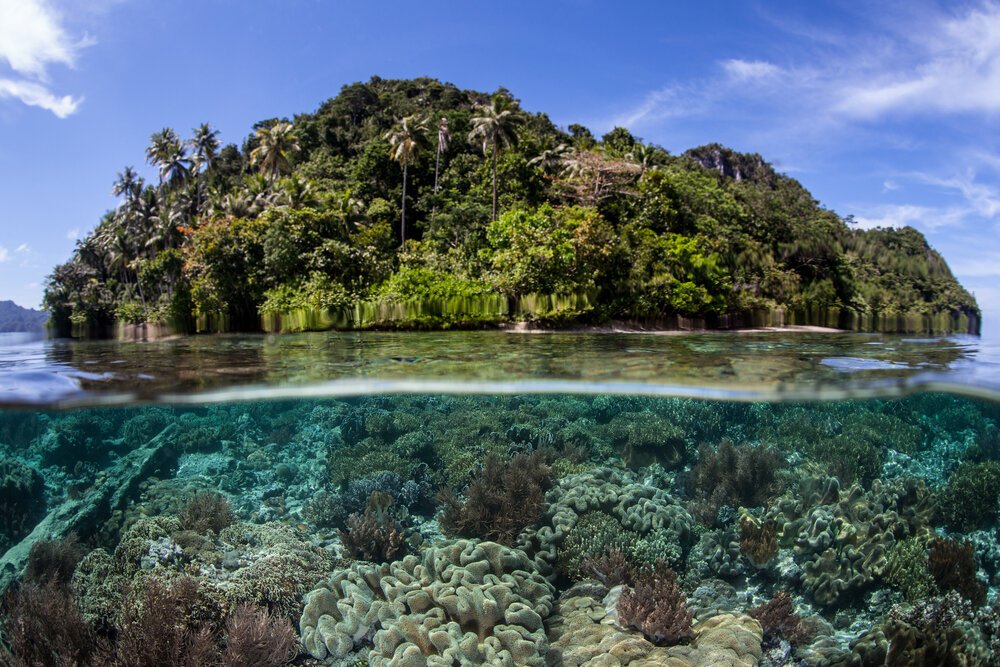
Indonesia
WHY INDONESIA?
As the world’s largest island country—a vast archipelago made up of 17,000 islands with over 34,000 miles of coasts and hundreds of distinct native ethnic and linguistic groups—Indonesia is endowed with natural richness. It has the world’s second longest coastline, one of the world’s largest tracks of mangroves, and the second-largest area of coral reefs in the world; in fact, 97% of Indonesia’s coral reefs are located within territorial waters (0-12 nautical miles from shore).
The coastal fishers and fisheries that depend on these essential natural assets form a key part of the nation’s cultural heritage and economy. 80 percent of Indonesia’s 2.4 million fishers are small-scale coastal fishers, using small boats and simple gears to fish in nearshore areas for food and income. These fishers account for over half of Indonesia’s total wild fish production.
THE ISSUE
Unsustainable and poorly-regulated fishing practices, poor enforcement and governance, degradation of essential fish habitat, and external stressors such as climate change severely threaten the coastal fisheries on which Indonesia’s coastal fishing communities depend. Declining fisheries destabilize nationwide development efforts and pose a material threat to Indonesia’s economy, as well as the food security and livelihoods of millions of people. The first to feel the impacts of these depleted resources are coastal fishers and their families and communities.
THE SOLUTION
Rare's Fish Forever in Indonesia works with fishing villages and district and provincial governments to build and strengthen community-based coastal fisheries management of Indonesia’s provincial waters.
The program works to:
Establish managed access areas that provide fishing communities clear rights to fish in certain areas
Create networks of fully-protected and community-led no-take marine reserves to replenish and sustain fish populations and protect critical habitat
Build community engagement and effective management bodies to support local decision-making
Enable fishers to adopt more sustainable and better-regulated fishing behaviors (e.g., become a registered fisher; record fish catch; respect fishing regulations; and participate in fisheries management)
Collect, disseminate and help fishing communities use data for decision-making
Advance coastal fishing communities’ inclusion in financial and market opportunities to increase household resilience
Mobilize public and private investment in coastal fisheries and marine natural resources
Enact policy to promote and sustain a community-based management approach


